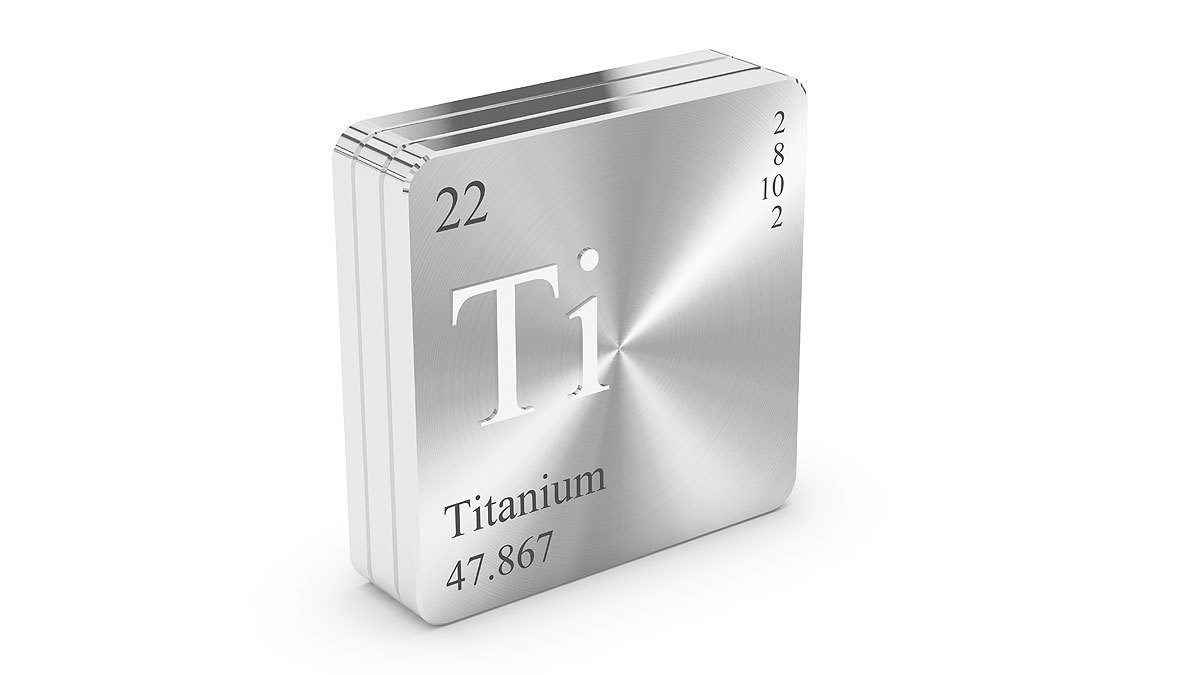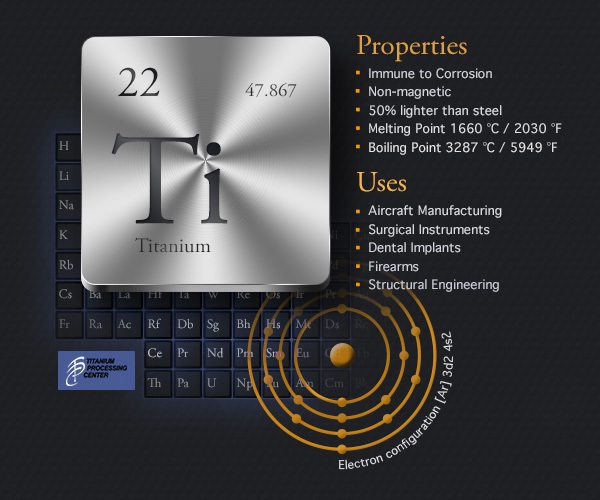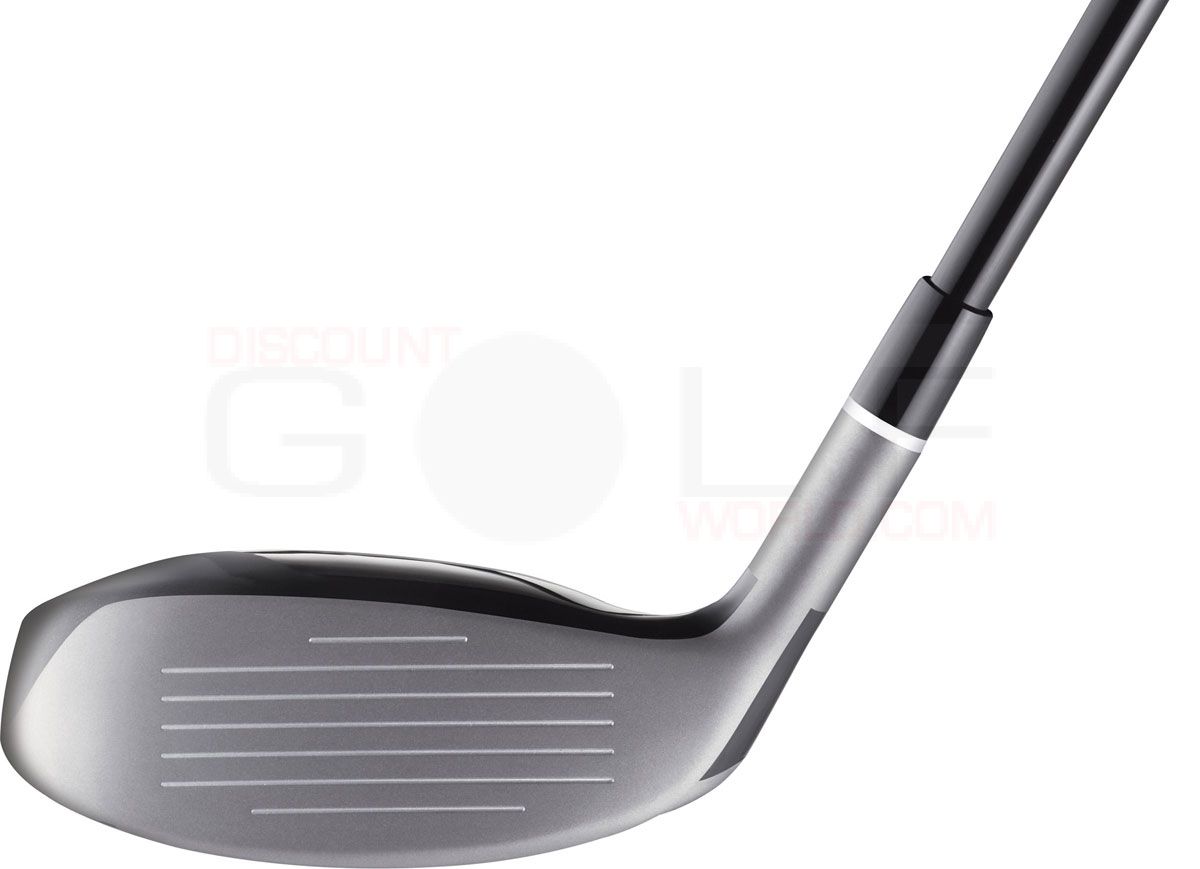
Titanium is gaining popularity in a number of applications and in all sorts of industries. There are a large number of uses for titanium because of its physical and chemical properties, which makes it an especially valuable metal.
The aerospace industry is at the forefront of using titanium, which is evident in their adoption of the metal for the building of various different aircraft components. A large number of industries acknowledge the benefits of using titanium, and these industries are finding room for the metal in a variety of cutting edge applications.
Properties of Titanium
Titanium is so highly valued due to its interesting properties. The key properties of titanium are:
- Strength – Titanium possesses high strength when alloyed with additional metals and elements. This can produce the desired level of strength or ductility. Titanium is just as strong as steel.
- Lightweight – Titanium is also lighter than steel whilst having a similar strength. This quality is very desirable for medical and construction applications. Titanium’s high strength-to-weight ratio is very appealing to builders as they continually look to produce buildings that are high in strength using lighter materials.
- Corrosion-resistant – titanium is highly resistant to most types of corrosion. Most metals will corrode in the presence of salt water, acids, and other chemical solutions, however Titanium shows surprising resilience to these. Titanium is also very resistant to stress corrosion cracking unlike steel.
- Biological Compatibility – Titanium can be used within the human body due to its bio-inert qualities. This means that titanium is not toxic to the human body and will not be rejected as easily when used in processes such as osseointegration; when a foreign object is fused to human bone in order to provide structural support for prosthetics or implants.
Properties and uses of Titanium
Applications
Because of the hugely diverse set of properties titanium possesses, it is an incredible metal to work with. Titanium is suitable for a range of applications including the following:
- Medical – In the medical field, titanium has become one of the most widely used metals. It is bio-inert, it does not react with anything inside the body, making it the prime candidate for use in procedures such as dental implants, orthopedic rods, bone plates, and other prosthetics. It can also be used to produce a range of medical instruments such as scalpels and drills.
- Aircraft – The most common use for titanium is in aircraft construction. Titanium is the leading metal used in the construction of jet engines and airframes. Its lightweight characteristics make it especially important for use in increasing jet efficiency.
- Automotive – Titanium is staple for the car and motorcycle industry. Since these machines have several moving parts, the need for durable material is very high. Titanium alloys offer the ideal solution for car and motorcycle parts such as rods, valves and camshafts. Titanium parts such as these are crucial to the racing industry.
- Industrial – There are also different industrial applications for titanium. Constantly new uses for titanium in construction are being discovered. It makes an excellent building material for outdoor applications since it is lightweight and resistant to corrosion.
- Chemical Processing – Titanium is useful in the chemical and pharmaceutical world, where equipment is often in constant contact with hazardous and corrosive materials.
- Other – Titanium finds application in a variety of different industries, such as jewelry, clocks and watches, eyewear and golfing. These consumer goods last longer and have a lot of appeal. Marine industries have taken a special interest in titanium as well since materials that are in consistent contact with salt water demand a higher resistance to corrosion.
Titanium golf club


